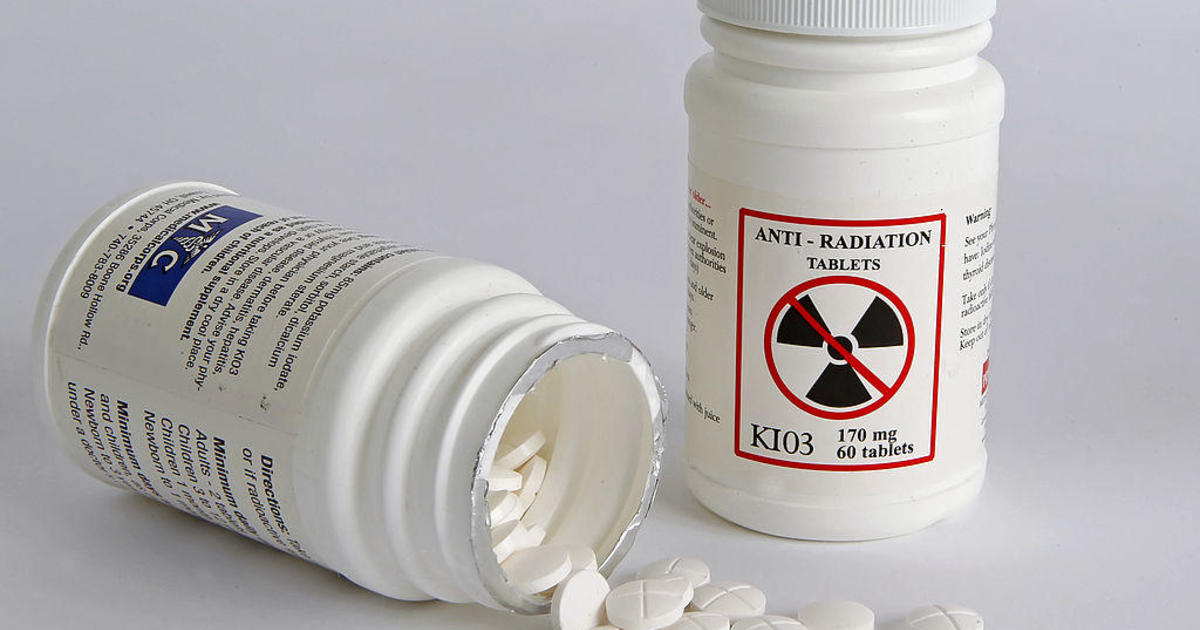Free Courses Sale ends Soon, Get It Now


Free Courses Sale ends Soon, Get It Now



Disclaimer: Copyright infringement not intended.
Context
Radiation emergency
What are Anti-Radiation Pills?
How do these pills work?
Concern
Is the method fool-proof?
Substitutes for KI
Read about Ukraine’s Zaporizhzhia power plant: https://www.iasgyan.in/daily-current-affairs/zaporizhzhia-nuclear-power-plant
© 2024 iasgyan. All right reserved